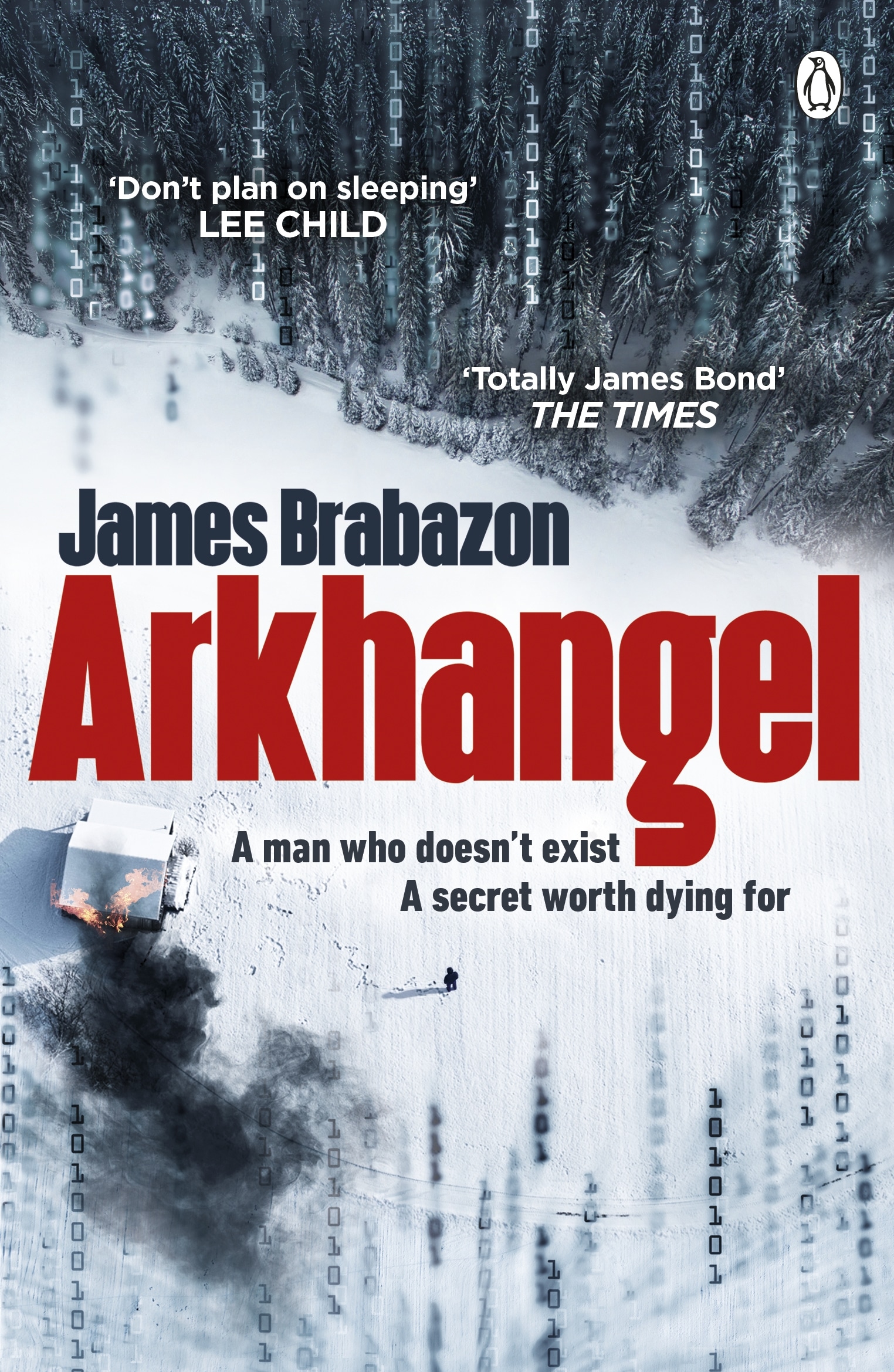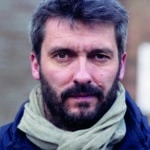Books
From war reportage to crime fiction
I first went to war in 1998, to cover the conflict in Kosovo. I was taking photographs for the Save the Children Fund, and whatever news wire services would buy the pictures they didn’t need. Since then I’ve travelled and worked in over 70 countries – at first taking photographs, then writing too, and then finally (and for longest) making films. It’s not true to say that I’ve covered more wars than I can remember – you never forget going to war – but I have to think carefully not to miss any out. Lots of the conflicts I went to cover are well-known: Iraq, Afghanistan, Syria, Colombia… some less so, like Sierra Leone, Liberia, and the Ivory Coast… and others were just downright obscure, like the Moaist insurgency in Chhattisgarh in eastern India.
From every job I learned something different – maybe a technical lesson about how my camera would function (or not) in extreme heat or dust; perhaps a new medical emergency would present itself; or, more often, I’d experience someone doing something so utterly extraordinary that it would change my perception of that conflict, maybe of all conflicts, and maybe even my perception of humanity itself. That might sound unlikely, but consider this: in war your safety and security and well being are always in the hands of others to one degree or another. Sometimes those “others” are recognizably decent. Sometimes they are obviously criminal. So as well as the good guys, for weeks, sometimes months at a time I also relied on murderers to keep me alive. Murderers to whom, inevitably, I owed a debt. In Liberia rebel soldiers fed me, chatted with me around the camp fire, shared the last of their starvation rations with me and shared their hopes and fears and aspirations, too, as any group of people speaking intimately might. And then the next day I would watch them execute prisoners. I learned, in short, that if you strip away the trappings of war and you realise that when you look into the face of the wicked, or the depraved, or the murderous, you look into a mirror. Or at least I did.
And that led me to learn a different lesson, common to all wars: that no matter how hard I tried, I simply could not translate the experience of “over there” to “over here” – for a television audience, for a newspaper reader, or for my family. It was, there seemed, an unbreachable gulf of experience between those who had experienced war, and those who had not. Everything I did as a journalist was driven by the truth, and by the all-powerful watchwords of credibility and authenticity. And although adhering to that mantra of absolute honesty made sure that my reports were as accurate as possible, I felt, increasingly, that they had no soul; that truth and beauty were somehow paradoxical in the theatre of war. That in turn led me to a revelation of sorts: that writing fiction could be as authentic and as credible as reportage if it was illuminating the human condition that was paramount. Hardly a unique discovery given that the ancient Greeks got there first, but it’s what led me first to write fiction, and then to write my first novel, The Break Line.
Once I began to write fiction, I realised that war reporting had given me three great gifts (or tricks, perhaps) that made the process possible. First was the fact that I’ve met the most extraordinary cast of characters over the years whose stories for one reason or another I could never tell for television, but aspects of whom can come alive on the pages of a novel; second – I have filmed thousands of hours of interviews, which are then listened to, transcribed, and re-ordered, cut, and broadcast. That means I’m a professional listener – and that for years I’ve had to study the ticks and quirks of how people actually speak versus how people are made to look as if they speak… which makes writing dialogue if not easy, then at least, for me, possible. And finally, this: reporting on war isn’t only about soldiers and guns, it’s about people – people who have a story to tell, people who live at the ragged margins of society by choice or by tragedy. Those stories, their stories (which, collectively are the voice of a generation of war) weave their way through everything I write. I try and be true to my experience – with perhaps one twist: in war I have seen the triumph of the human spirit, but I have also seen all too often the triumph of evil men. In fiction I allow myself one luxury: the good guys always win. The trick is working out who they are.



Please note: Moderation is enabled and may delay your comment being posted. There is no need to resubmit your comment. By posting a comment you are agreeing to the website Terms of Use.